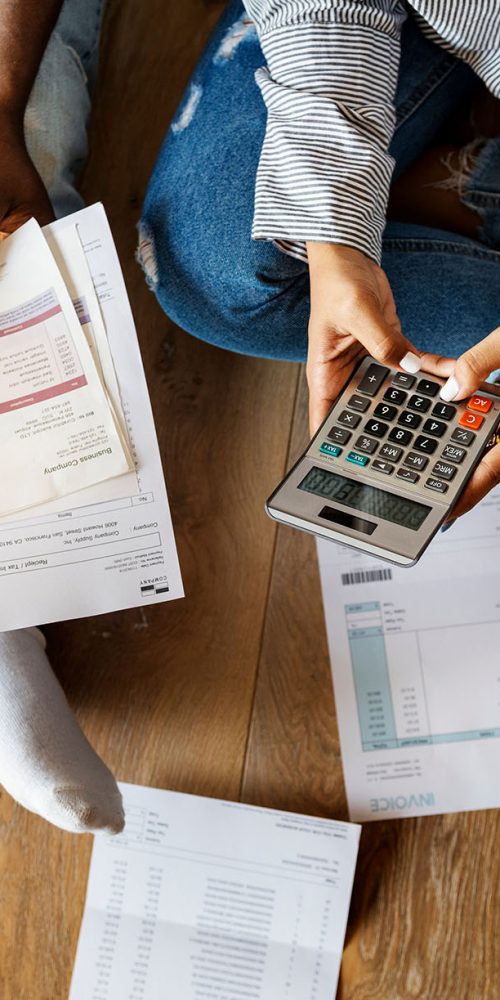Exploring the Transition to a Cashless Economy: Trends and Implications
 On September 1, 2015, a significant milestone was reached with the increase of the contactless payment limit from £20 to £30, marking a crucial point in the transition towards a cashless society. Analysts and futurists anticipate that this evolution will peak within the next decade, yet discussions surrounding the decline of cash have persisted for over fifty years. Interestingly, despite the forecasts, cash continues to play a vital role in our daily transactions and social interactions, underscoring its enduring relevance.
On September 1, 2015, a significant milestone was reached with the increase of the contactless payment limit from £20 to £30, marking a crucial point in the transition towards a cashless society. Analysts and futurists anticipate that this evolution will peak within the next decade, yet discussions surrounding the decline of cash have persisted for over fifty years. Interestingly, despite the forecasts, cash continues to play a vital role in our daily transactions and social interactions, underscoring its enduring relevance.
Even with the rise of digital payment options, cash retains its significance due to several compelling advantages that resonate well with consumers. Cash is not only convenient and trustworthy, but it is also universally accepted across various platforms and locations. One of its most valued features is its anonymity, which many users find reassuring. Conversely, modern payment alternatives—like credit cards, mobile payment applications, smartwatches, and biometric systems—while facilitating seamless transactions, leave behind traces of users’ financial behaviors, which can raise considerable privacy concerns.
The emotional and psychological ties that individuals have with cash are significant and cannot be underestimated. This connection is often reflected in public responses to the removal or alteration of coins and notes from circulation. Currency serves not only as a medium of exchange but also encapsulates cultural values and historical narratives, which makes it an essential part of our societal identity and continuity.
Many people express a deep appreciation for their physical notes and coins, often admiring the intricate designs and unique features of cash from different countries. This admiration goes beyond mere aesthetics; it signifies a profound connection to the tangible and physical aspects of currency, which contrasts sharply with the abstract nature of digital transactions and electronic funds transfers.
Moreover, many individuals perceive cash as a more ‘genuine’ form of payment compared to digital alternatives. Using physical money for budgeting—especially during social gatherings—serves as an effective tool for managing one's finances. The tactile experience of handling cash fosters a heightened awareness of spending habits, making it the preferred choice for many when participating in social activities or financial transactions.
In the context of small gifts and tips, cash is frequently regarded as the most heartfelt and appreciated expression of gratitude. The simplicity of handing over a note or coin conveys warmth and appreciation in ways that digital payments often fail to replicate, thereby reinforcing social bonds among individuals.
Despite these numerous advantages, certain sectors have fully adopted a cashless framework. For instance, the London bus network has operated without cash since 2014, and in the Netherlands, over 1,400 supermarkets have completely eliminated cash transactions. This trend showcases a growing inclination towards digital payment systems across various industries.
Is the death of cash truly imminent? Will electronic payment methods entirely eclipse physical currency as they evolve? Alternatively, could we find ourselves in a hybrid model that effectively merges the best features of both cash and advanced digital payment technologies, integrating the dependability of physical cash with the enhanced security of digital transactions?
As a long-standing component of our financial ecosystem for millennia, cash is unlikely to vanish without facing significant resistance. Its ongoing presence in society indicates that we will likely continue to utilize it for the foreseeable future, adapting to emerging trends while cherishing the familiar comforts of physical currency.
Debt Consolidation Loans are a UK based Debt Consolidation Loans Broker, We can help with any form of Debt Consolidation you may need.
Explore Insightful Articles That Boost Your Financial Literacy
 Finance Scams You Should Be Aware Of
Finance Scams You Should Be Aware Of
Critical Awareness of Personal Finance Scams: Safeguard Your Finances
 Avoiding Costs of Unofficial Websites: Stay Safe Online
Avoiding Costs of Unofficial Websites: Stay Safe Online
Essential Tips for Avoiding Costs of Unofficial Websites: Stay Safe Online
 Get Out of Debt Quickly: Effective Strategies to Consider
Get Out of Debt Quickly: Effective Strategies to Consider
Proven Strategies to Get Out of Debt Quickly: Effective Solutions to Regain Control
 Avoiding Digital Trappings While Struggling with Debt
Avoiding Digital Trappings While Struggling with Debt
Strategies for Avoiding Digital Trappings While Struggling with Debt: Empower Your Financial Journey
 UK Debt Statistics: Will You Be Impacted?
UK Debt Statistics: Will You Be Impacted?

